Den 25 april klockan 13.15 kommer grundutbildningsnämnden att ha möte i Stora konferensrummet i Ekologihuset. Följande står på dagordningen:
- Mötet öppnas
- Justeringsperson utses
- Fastställande av dagordningen
- Föregående mötesprotokoll
- Meddelanden externt – fakulteten:
- Digital portfölj för studenters reflektion och lärandeprogression – nytt projekt
- Arbetet med ny fördelningsmodell fortskrider
- Kompetensutvecklingsdag för lärare 20/10
- Rapport från Studierektorsmötet den 23/4
- Meddelanden externt – andra utbildningar
- Meddelanden internt:
- Uppdatering kring flytten och GU-lokaler från HT-25
- Studiesocial skyddsrond genomförd
- Omläggning av kandidatprogram först HT-26
- Aktuella ärenden:
- Förslag till beslut: Utbildningsutbud
- Förslag till beslut: Kursutbud (bifogas)
- Information från studierådet
- Information från studievägledarna
- Information från koordinatorerna:
- Kandidatprogram i biologi och molekylärbiologi
- Masterprogram i biologi, molekylärbiologi och bioinformatik
- Kursplaner/Utbildningsplaner:
- Kursplaner: BIOB13 Human- och zoofysiologi, BIOS16 Mark- och växtekologi, BIOS17 Vattenvård, BIOS18 Limnologi och marinekologi – organismer och habitat, BIOS19 Limnologi och marinekologi – koncept och processer, BIOK02 Examensarbete för kandidatexamen 15 hp (bifogas)
- Utbildningsplaner: Kandidatprogram Biologi, Kandidatprogram Molekylärbiologi, Masterprogram Biologi (bifogas)
- Inkomna kursanalyser: BIOR31, BIOC11, BIOR98, BIOR95, BIOR76, BIOR91, BIOR41, BIOR83, BIOR87, BIOA10, BIOB12, BIOC05, BIOR63 (bifogas, pga det stora antalet kommer eventuellt en sammanfattning av dessa att skickas ut under nästa vecka för att minska hanteringstiden under själva mötet)
- Övriga frågor
- Mötet avslutas

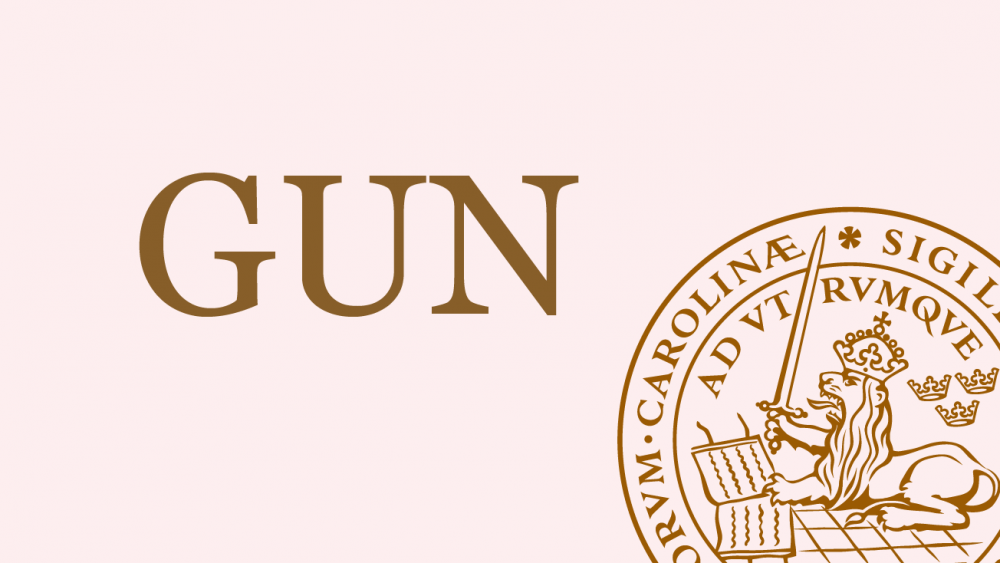
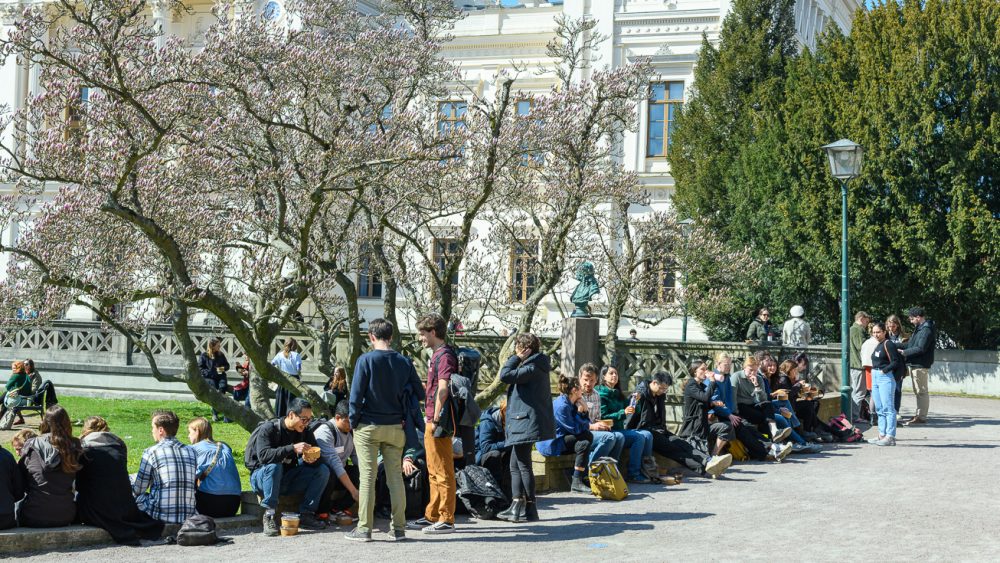





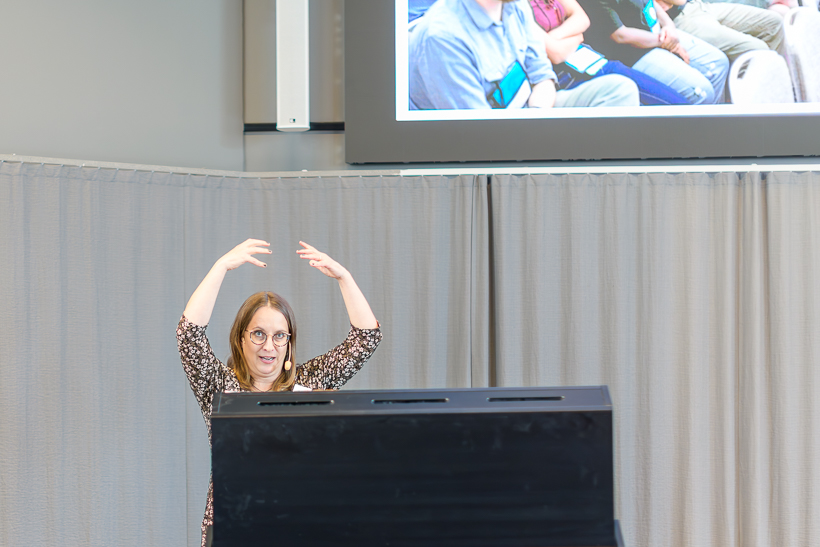


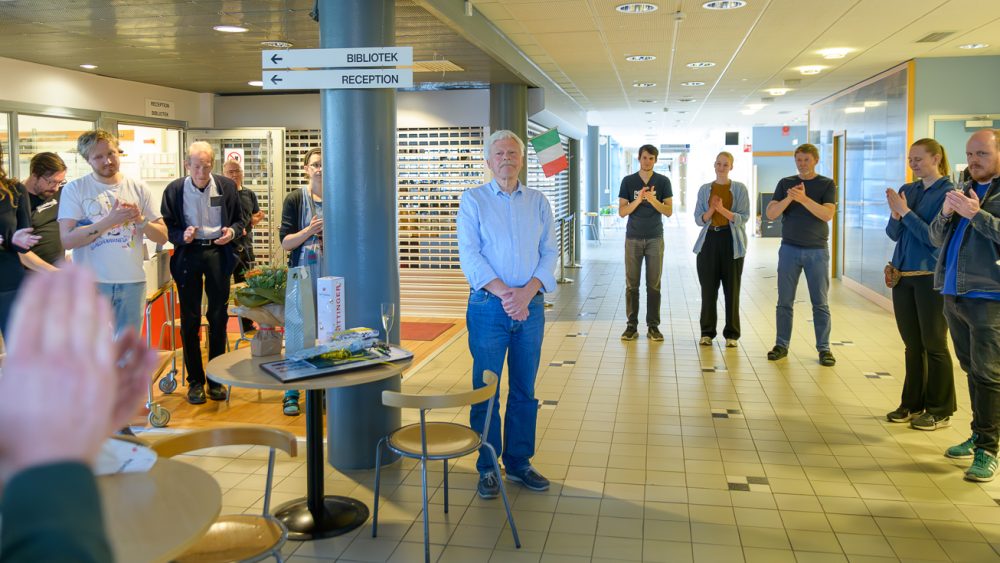
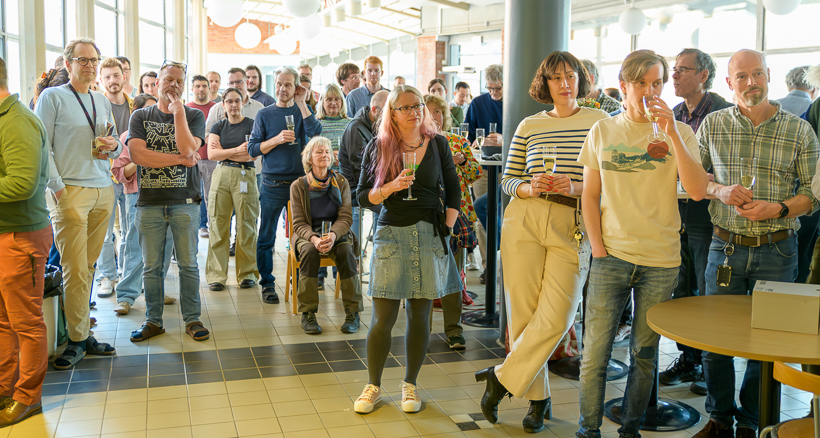
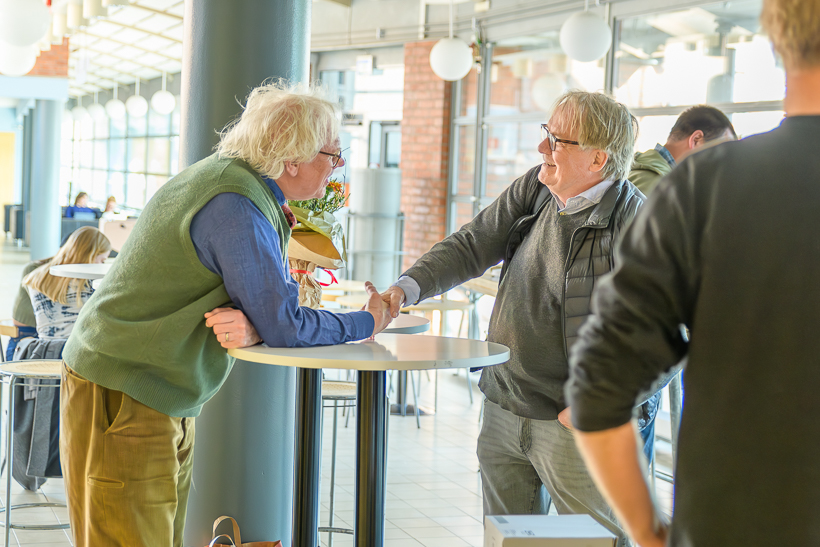
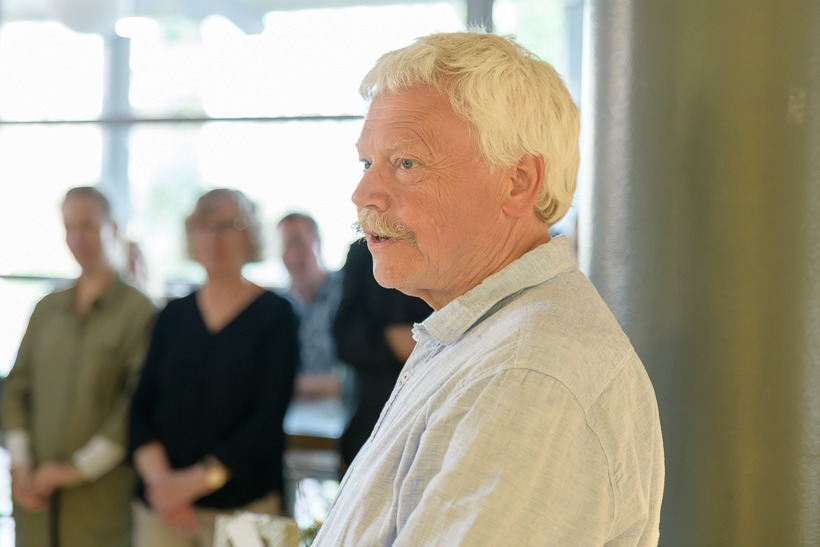
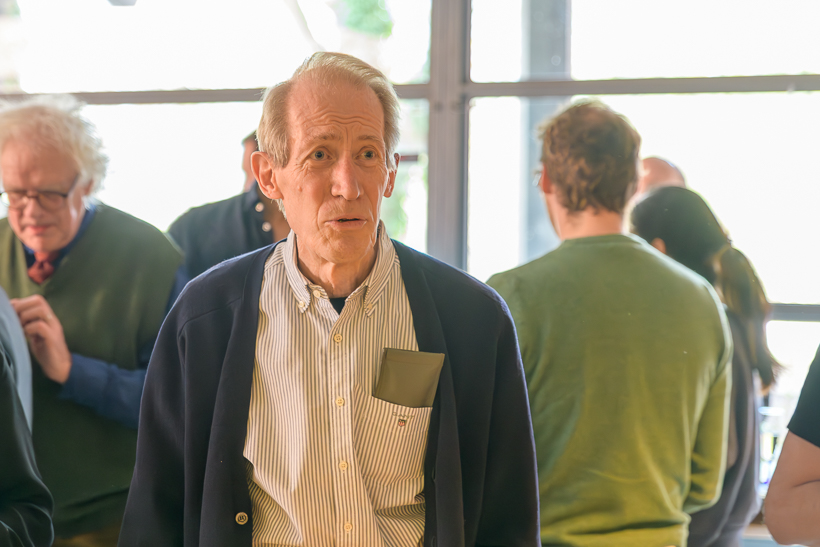
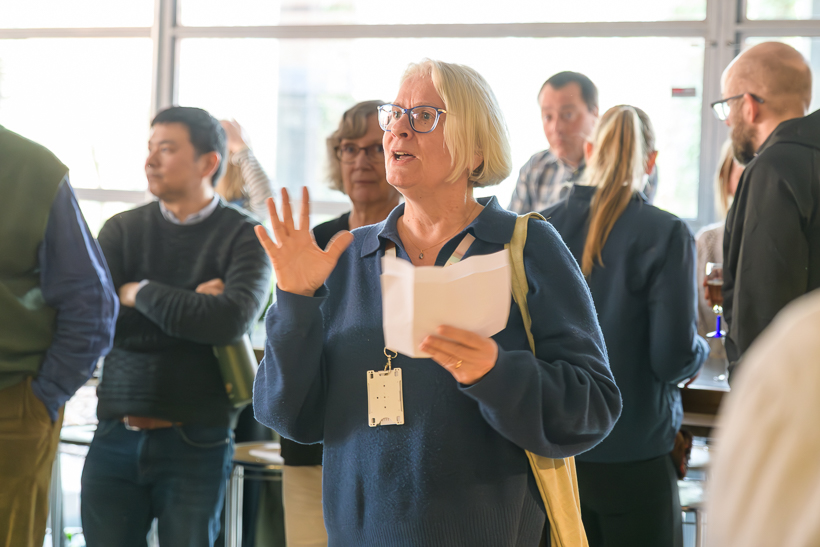
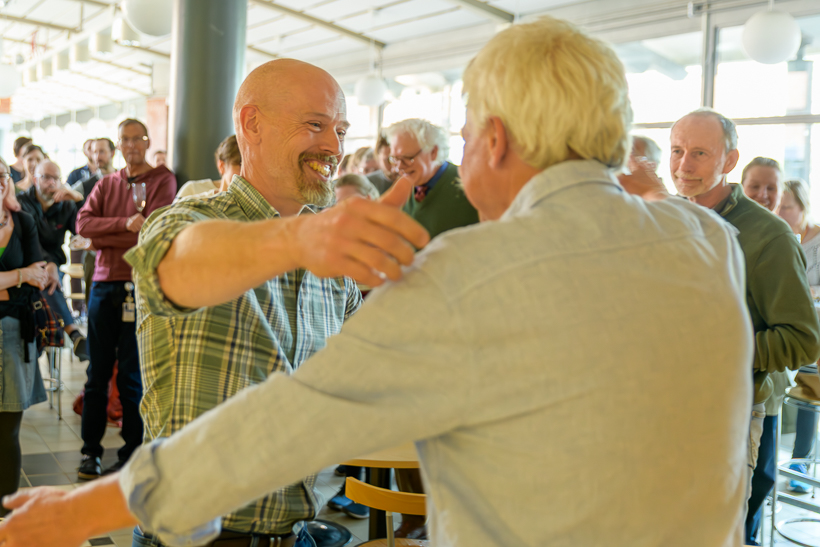
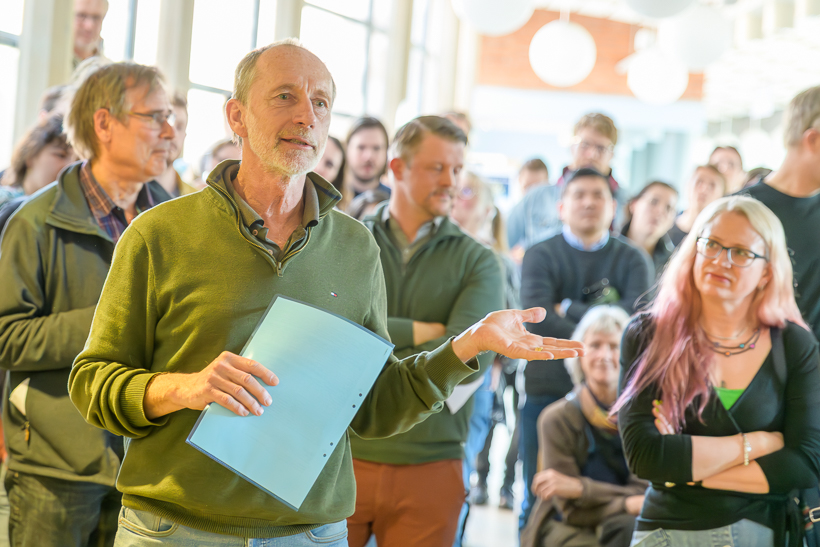
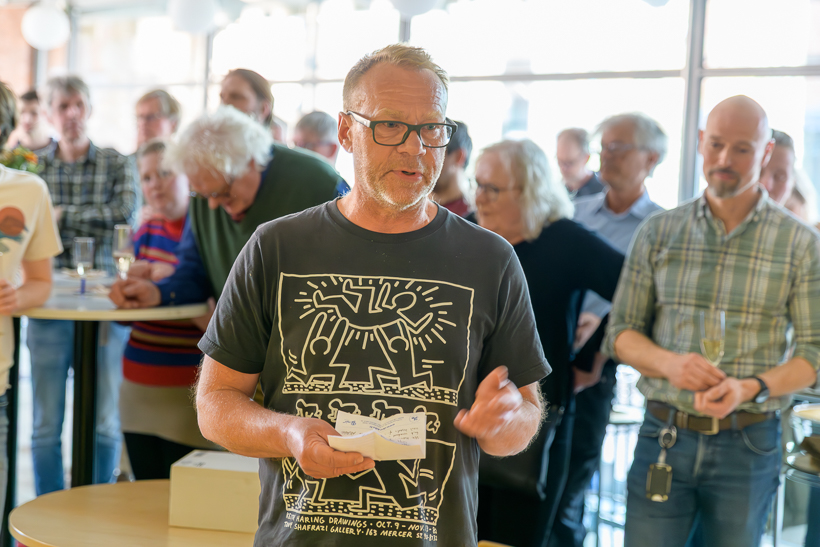
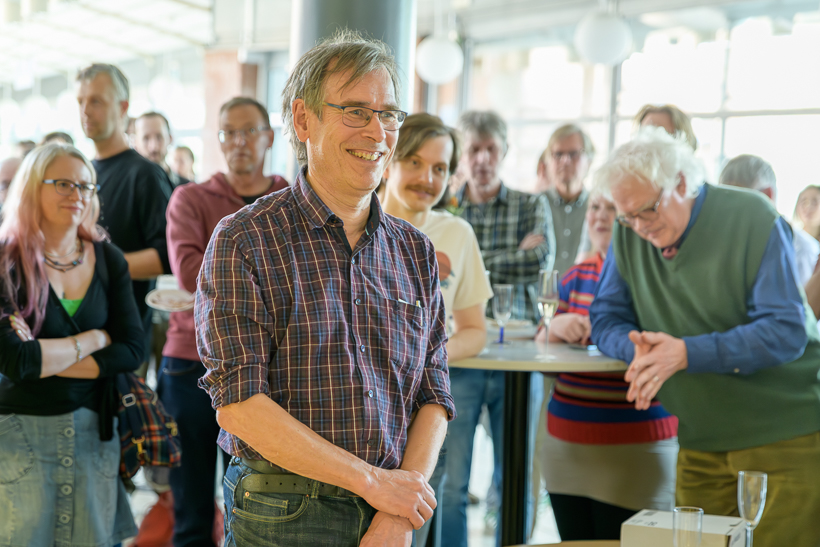
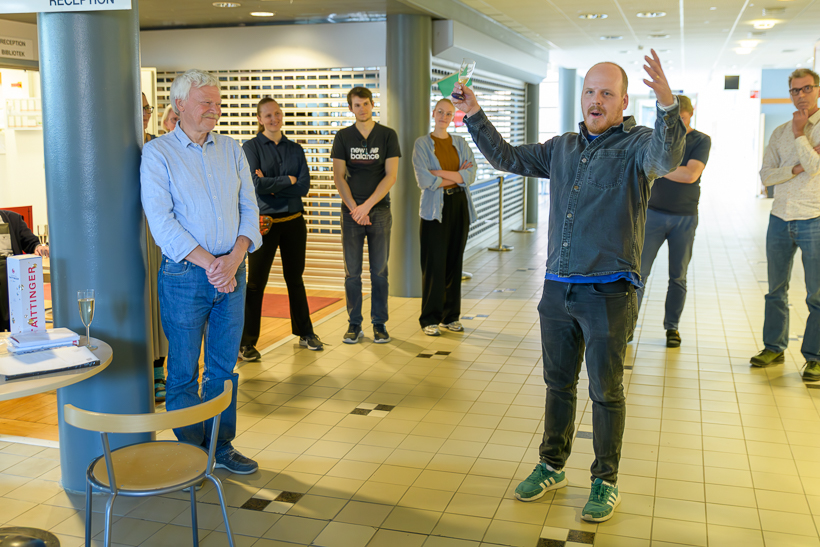
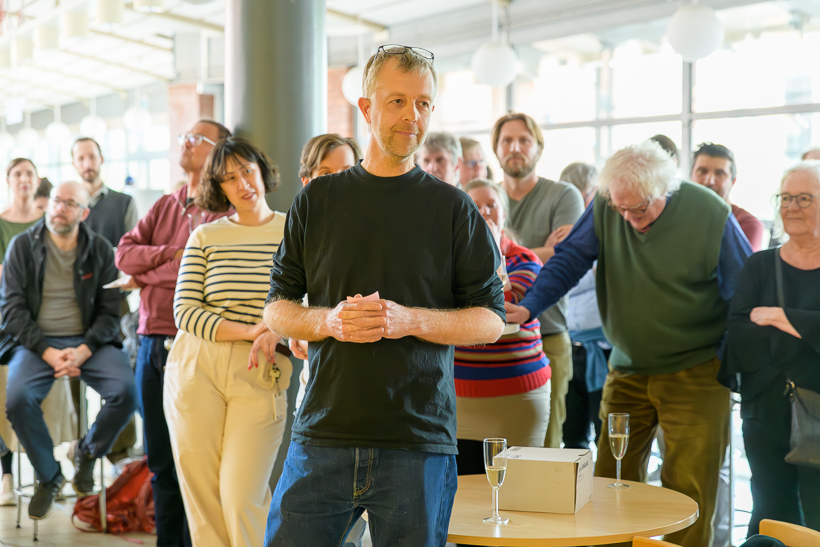
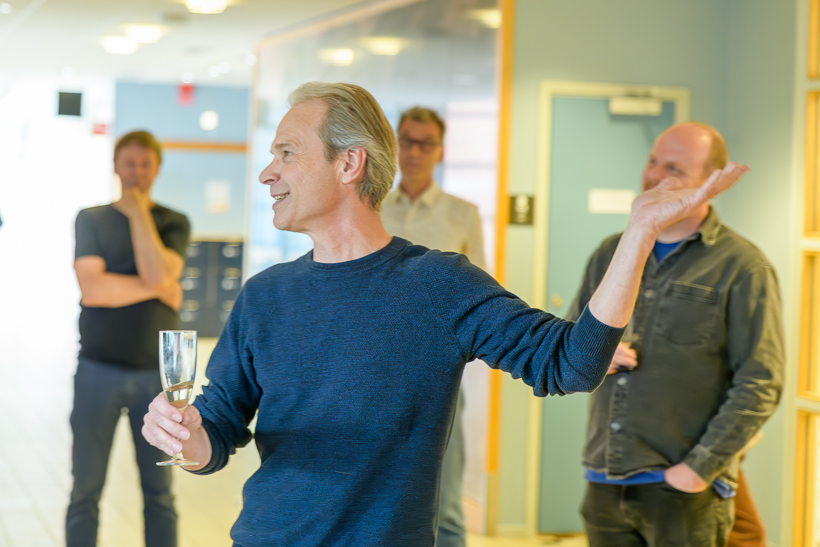
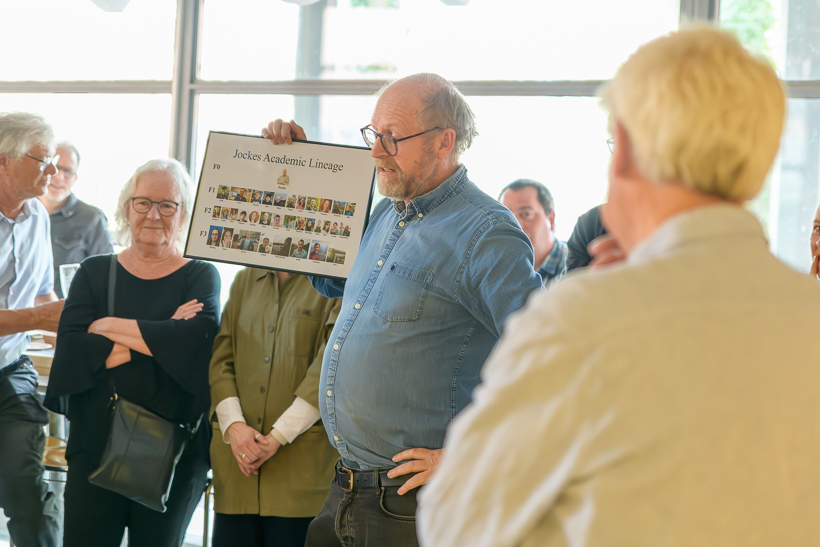
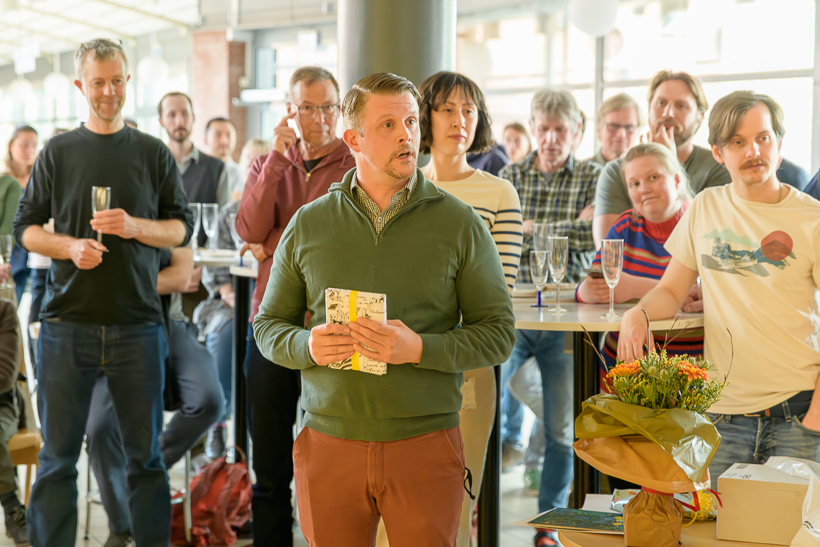
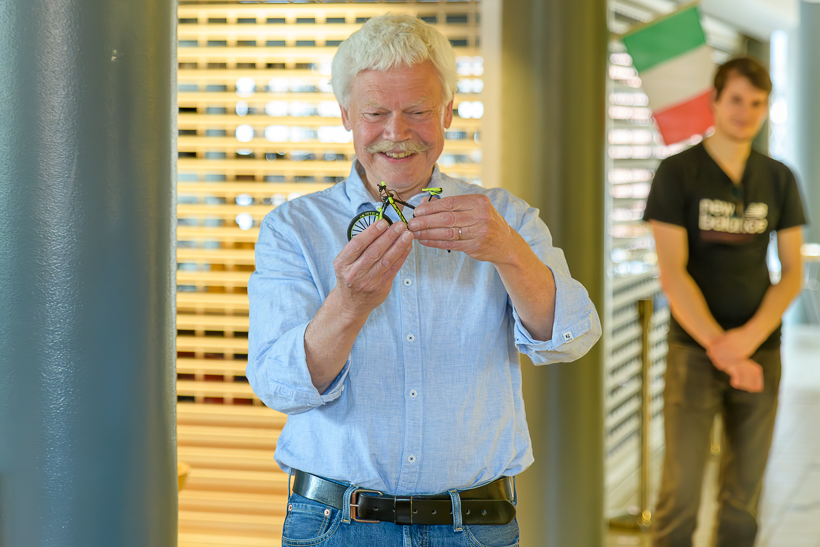

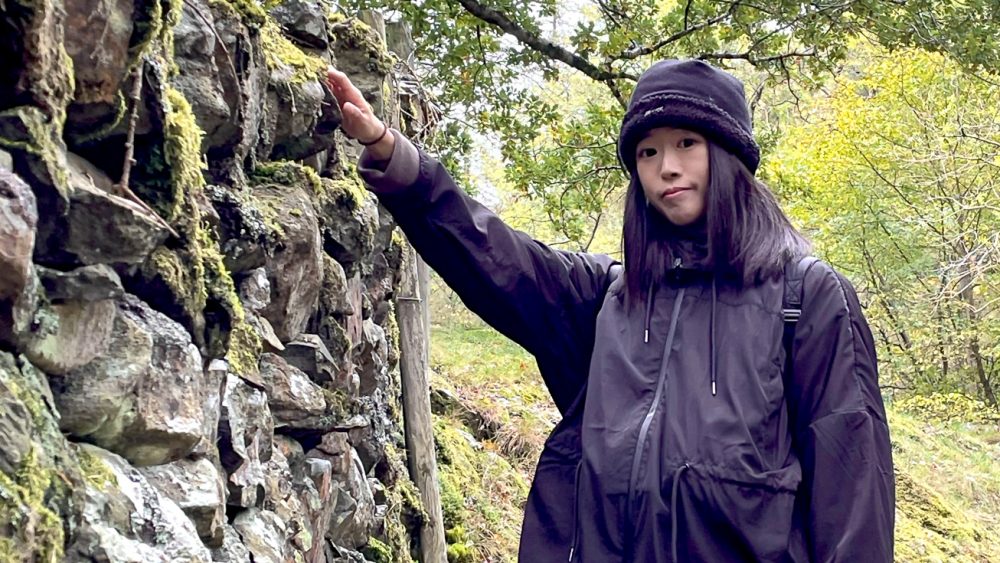
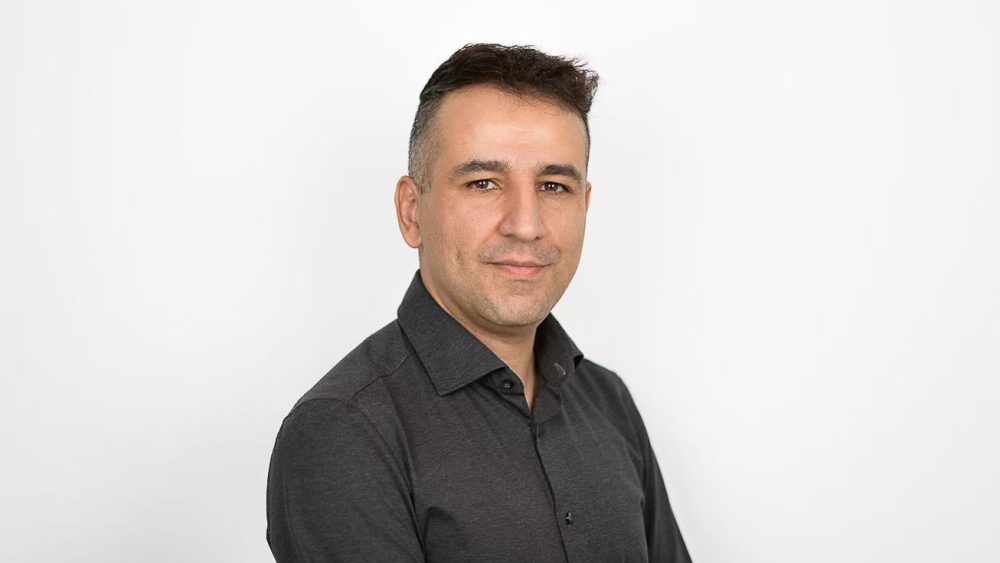
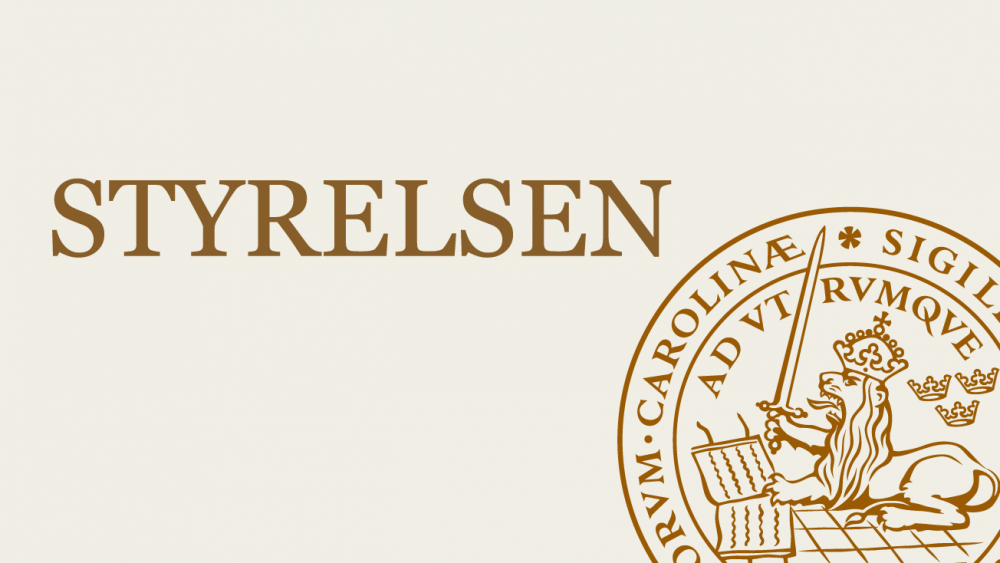
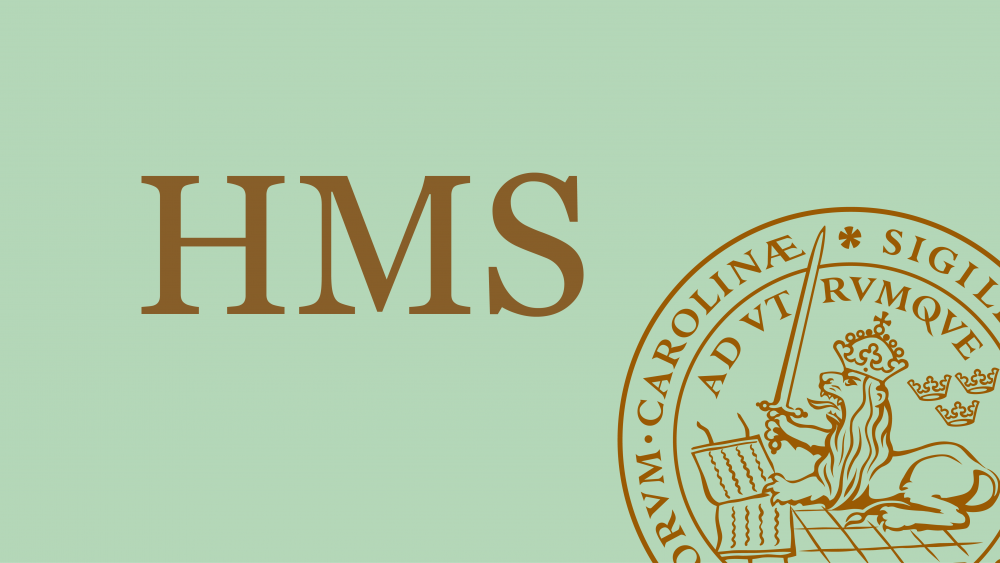
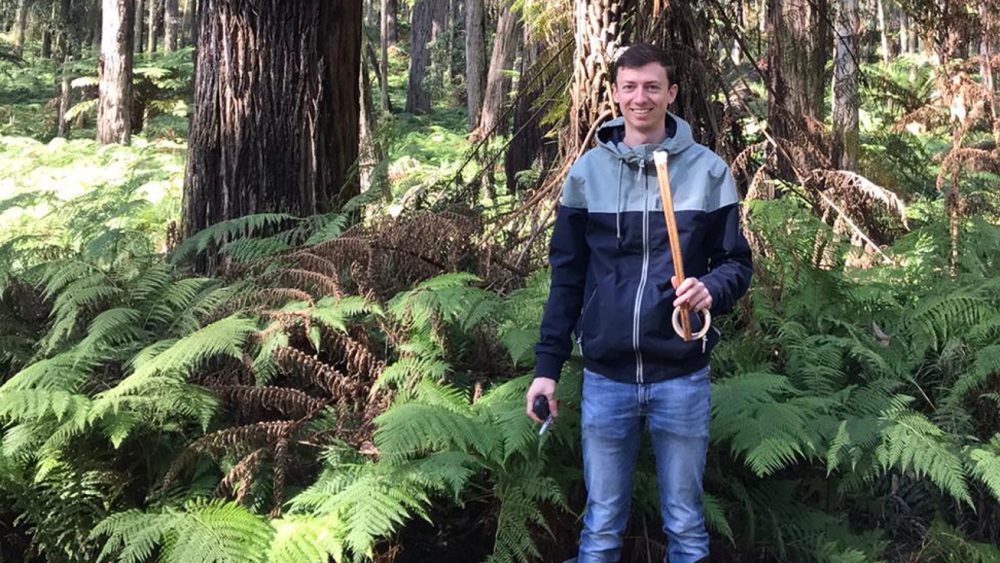
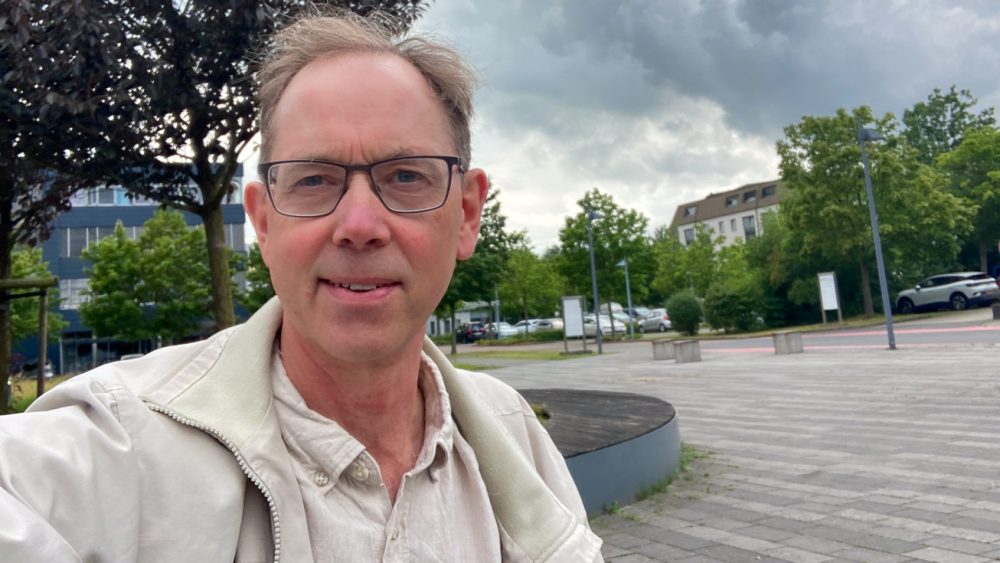
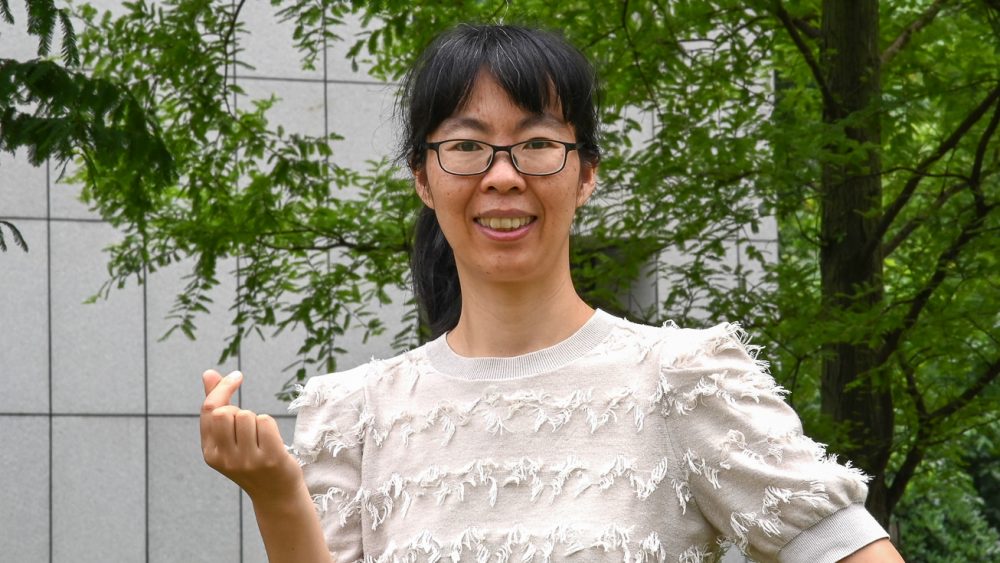
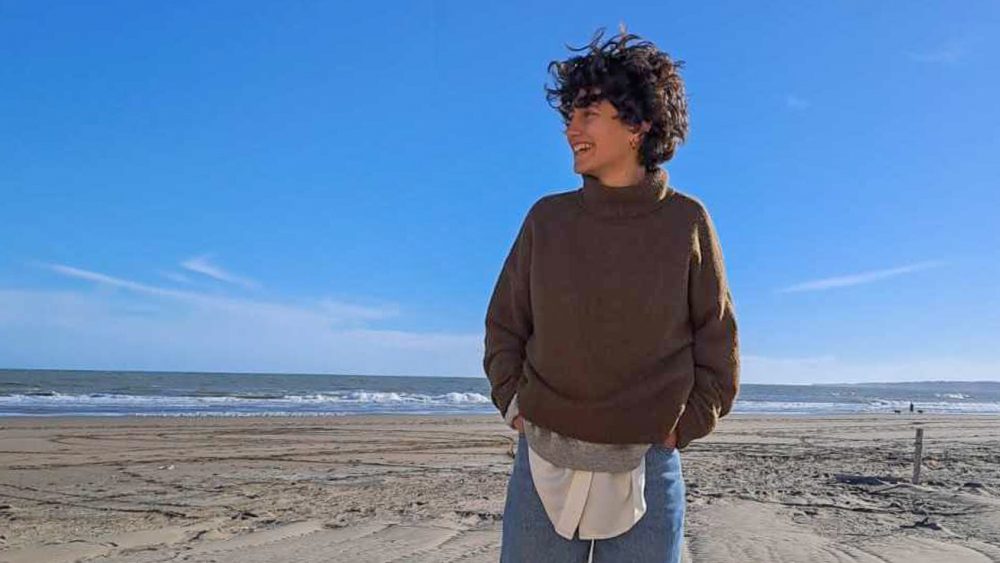
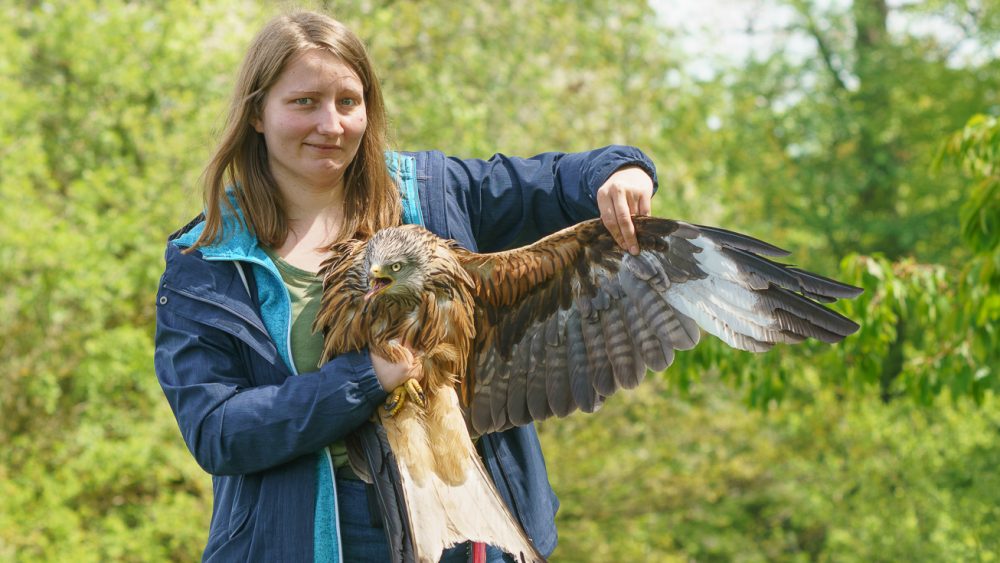
Kommentarer